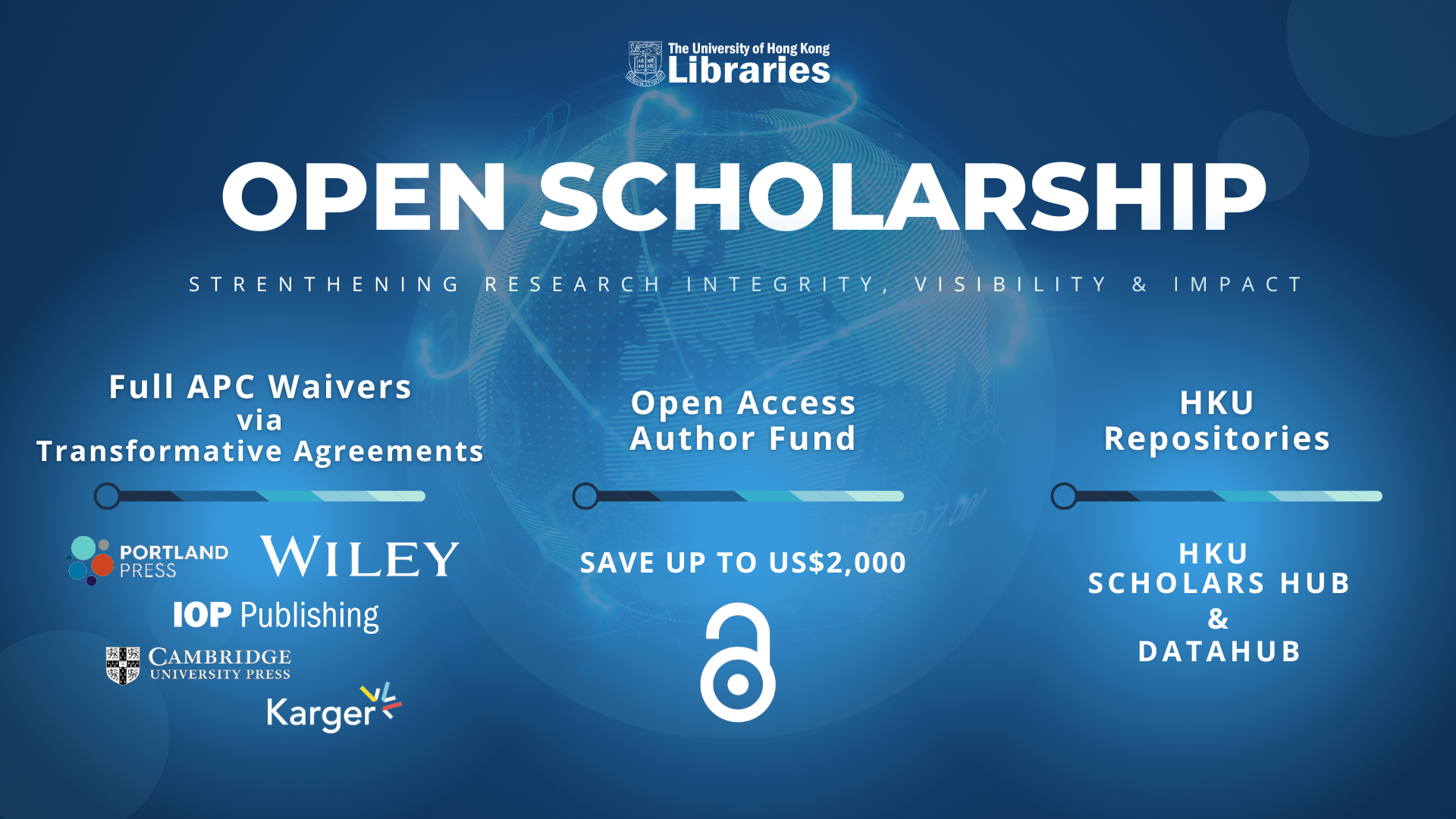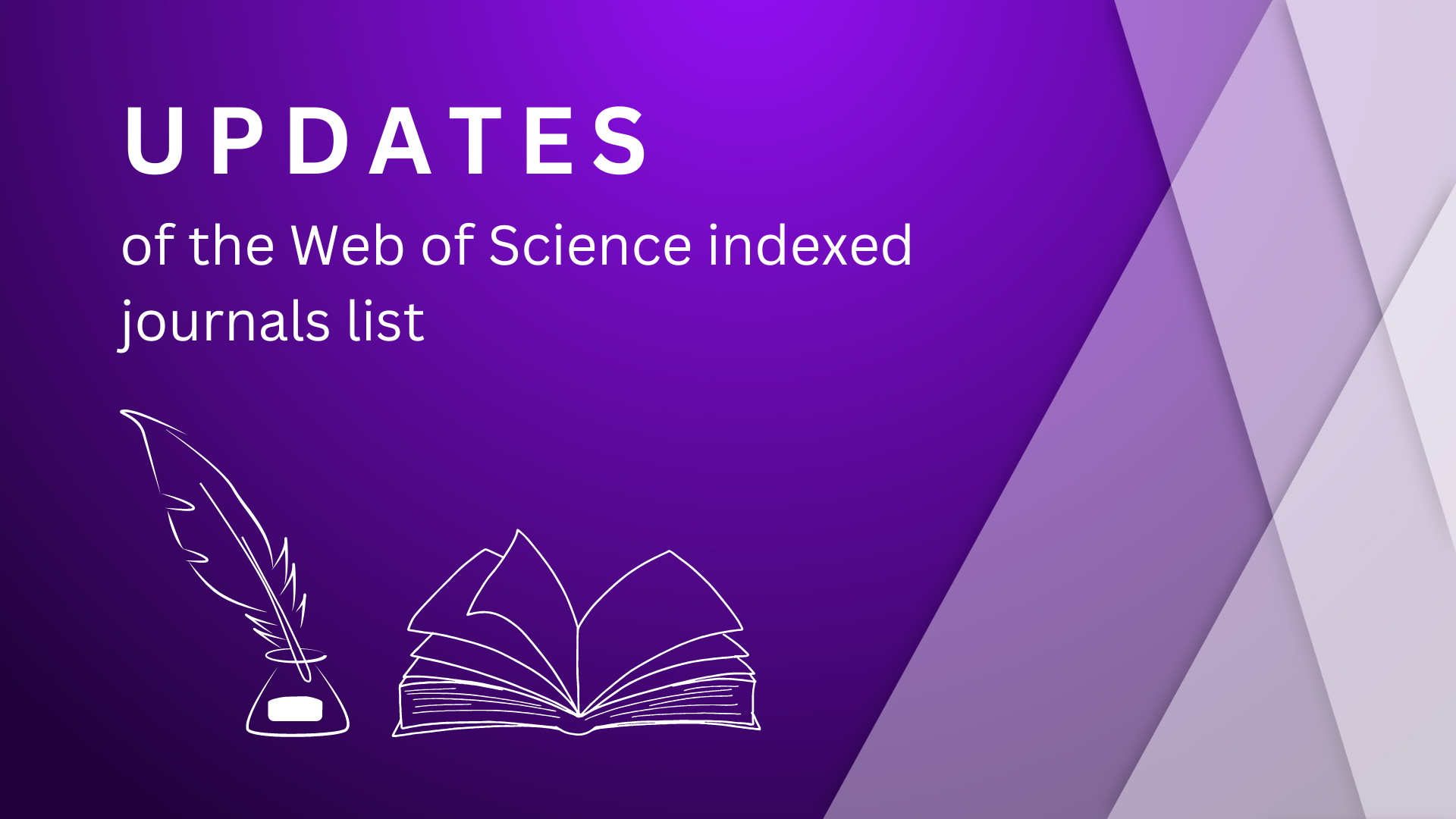
A Review of HKU’s Research Contributions to the Sustainable Development Goals (SDGs)
Introduction
The QS World University Ranking evaluates universities’ contributions to global sustainability by incorporating the United Nations’ Sustainable Development Goals (SDGs) into its methodology. QS uses a set of indicators, such as research output, academic reputation, and impact, to assess universities’ performance in each SDG, which are then combined to give an overall score for each SDG.
In 2023, the QS Sustainability Rankings released its first-ever rankings focusing on environmental and social sustainability performance in higher education institutions. The indicators are divided into environmental sustainability measures and social impact measures. With a ranking of 34th in the Overall Sustainability Rank, HKU has achieved the highest rank among higher education institutions in Hong Kong, showcasing its strong commitment to sustainability in research, teaching, and impact.
On February 15, 2022, our SDGs blog conducted a pilot investigation of HKU research (2016 to 2021) contributions to the Sustainable Development Goals (SDGs). In this post, we will review HKU’s research (2017 to 2022) that contributes to the SDGs again by using SciVal data. Please note that the data used in this review were extracted from SciVal on March 16, 2023.
HKU Research contributes to SDGs
(i) SDGs Publications
The figures presented below compare the publication numbers of global and HKU research contributions to all 16 Sustainable Development Goals (SDGs) fields from 2017 to 2022.
The treemaps in Figures 1 to 2 reveal that HKU and global publications have similar patterns of contribution to the SDG fields. The majority of the publications from both HKU and global fall into the following four fields:
- SDG 03: Good Health and Well-being
- SDG 07: Affordable and clean energy
- SDG 09: Industry, innovation, and infrastructure
- SDG 11: Sustainable cities and communities


In Table 1, the rows with darker colors correspond to a higher number of publications. As depicted in the table, both global and HKU scholars have made noteworthy contributions to SDG 3: Good Health and Well-being publications, representing 37.14% and 43.98% of the total publications, respectively.
At HKU, Prof. Yuan, Kwok Yung, Prof. Cowling, Benjamin John, and Prof. To, Kelvin Kai Wang are the three top scholars in the SDGs 03 publications.

Table 1. Number of publications and their relative percentages across the 16 SDGs for both global and HKU
(ii) Citation count and Field-Weight Citation Impact (FWCI)
Table 2 presents the citation count and Field-Weighted Citation Impact (FWCI)1 of both global and HKU publications in relation to the Sustainable Development Goals (SDGs). The rows in the table with darker red colors indicate higher citation counts and FWCI, while the rows with darker blue colors indicate lower citation counts and FWCI.
The table reveals that both global and HKU publications have the highest citation count in SDG 03: Good Health and Well-Being, followed by SDG 07: Affordable and Clean Energy. However, for SDG 01: No Poverty, the publications have the lowest citation count.

Table 2. Citation counts and FWCI across the 16 SDGs for both global and HKU
Figure 3 shows that the HKU publications have a significantly higher FWCI than the global publications. Across all 16 SDG fields, the average FWCI for HKU publications is 2.56, compared to 1.18 for global publications.

The top three SDG fields with the highest FWCI for HKU publications are:
- SDG 02: Zero Hunger (FWCI: 4.34)
(Prof. Gong, Peng, Prof. Yip, Paul Siu Fai, and Dr. Wang, Julia Shu Huah are the three top scholars in the SDGs 02 publications)
- SDG 16: Peace, Justice and Strong Institutions (FWCI: 3.91)
(Dr. Ip, Pak Keung Patrick, Dr. Emery, Clifton Robert, and Prof. Yip, Paul Siu Fai are the three top scholars in the SDGs 16 publications)
- SDG 03: Good Health and Well-Being (FWCI: 3.60)
(Prof. Yuan, Kwok Yung, Prof. Cowling, Benjamin John, and Prof. To, Kelvin Kai Wang are the three top scholars in the SDGs 03 publications)
(iii) SDGs Relative Activity Index (scholarly Output): Global, HK and HKU
The Relative Activity Index (RAI) in SciVal is a metric that measures the research output of an institution relative to the global research output in a particular field. It is a field-normalized metric, which takes into account the differences in publication patterns and research activity across different SDG fields. Figure 4 displays a plot of the RAI of global, HK, and HKU across the various SDG fields.

When compared to Hong Kong RAI, HKU has higher RAI scores in the following SDGs in 2022:
- SDG 11: Sustainable Cities and Communities (1.97 RAI)
- SDG 4: Quality Education (1.95 RAI)
- SDG 14: Life Below Water (1.7 RAI)
- SDG 3: Good Health and Well-being (1.48 RAI)
- SDG 10: Reduced Inequality (1.37 RAI)
These RAI scores indicate that HKU is performing at a higher level than the global and HK research output in the above SDGs. Specifically, HKU is outperforming in SDG 11 and SDG 4.
Below are the top 3 Topic Clusters2 by research outputs for the above high RAI SDGs.

Conclusion
In conclusion, HKU scholars’ research contributes to the Sustainable Development Goals (SDGs) in various ways. The researchers are involved in diverse research projects and initiatives that tackle global sustainability challenges and contribute to achieving the SDGs. Through its research and sustainability initiatives, HKU demonstrates a strong commitment to promoting sustainability in research, teaching, and impact.
References
Elsevier. (2023). What are Topic Clusters? – SciVal Support Center. Retrieved March, 16 2023 from https://service-elsevier-com.eproxy.lib.hku.hk/app/answers/detail/a_id/35052/supporthub/scival/related/1/
QS Quacquarelli Symonds. (2023). QS Sustainability University Rankings 2023. QS Quacquarelli Symonds. Retrieved March 16, 2023, from https://www.topuniversities.com/university-rankings/sustainability-rankings/2023
QS Quacquarelli Symonds. (2023). QS World University Rankings: Sustainable Development Goals methodology. QS Quacquarelli Symonds. Retrieved March 16, 2023, from https://www.topuniversities.com/university-rankings/world-university-rankings/sustainable-development-goals/methodology
QS Quacquarelli Symonds. (2023). QS World University Rankings: Sustainability methodology – How to use the rankings in your university search. QS Quacquarelli Symonds. Retrieved March 16, 2023, from https://www.topuniversities.com/university-rankings/sustainability-rankings/methodology
Notes
1. FWCI is a field-normalized metric measuring the performance of an article or publication using Scopus. An FWCI value of:
- exactly 1 (FWCI = 1) means that the output performs just as expected for the global average.
- more than 1 (FWCI > 1) indicates that the output is more cited than expected according to the global average. For example, 1.8 means 80% more cited than the global average.
- less than 1 (FWCI < 1) indicates that the output is cited less than expected according to the global average.
2. Topic clusters are formed by aggregating Topics with similar research interests together to form a broader, higher-level area of research. These Topic Clusters can be used to get a broader understanding of the research being done by a country, institution (or group), or researcher (or group), before drilling into the more niche underlying Topics.


